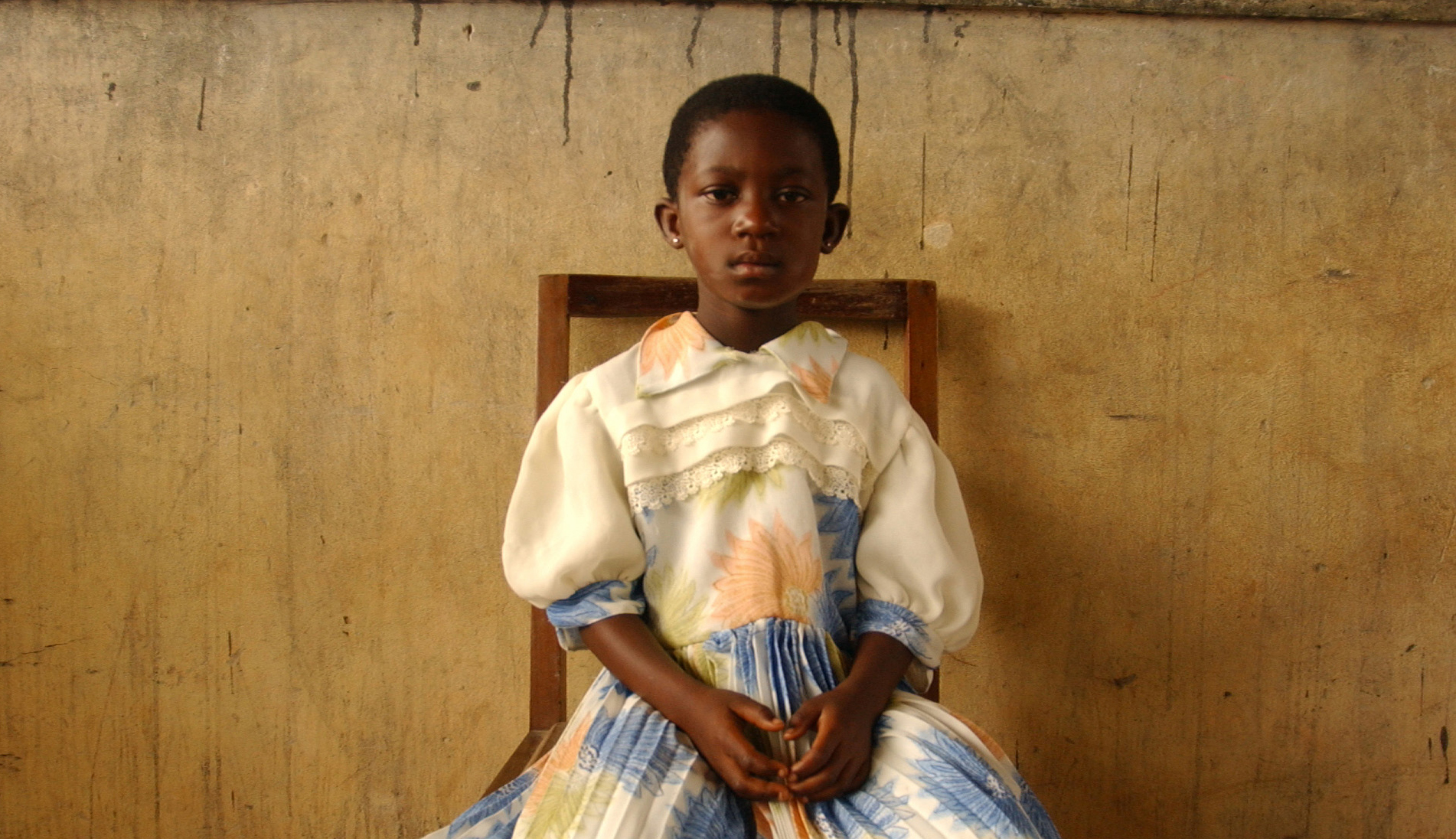The day after the 2016 election, I was scheduled to facilitate a creative writing workshop at our site in Skagit County Juvenile Detention. I’d awoken that morning into what felt like a new and darker version of America. Deep melancholy would be putting it mildly.
By midmorning, I was working on the lesson and I was stuck. And then I recalled a prompt we’d done in the early days of establishing Underground Writing, a literature-based creative writing program serving migrant, incarcerated, recovery, and other at-risk communities in northern Washington through literacy and personal transformation. At our sites with youth in the Mount Vernon Migrant Leaders Club and the YMCA Oasis Daylight Center, as well as with adults at our Skagit Valley Recovery Community and Skagit County Community Justice Center sites, we’d been encouraging students to push back against culturally accepted norms that caused frustration. In July 2015, for example, we’d brought excerpts of James Baldwin’s searing book, The Fire Next Time, to our Juvenile Detention site. We talked about Baldwin’s perspective on America, his push-backs, and about how letters can be literature. We asked the students to write to someone. It can be anyone, we told them. And then this . . .
Dear System,
Ever since I was born you’ve been there. You were there when my biological mom would relapse and let my sister and I run around free. You were there again as I began to realize how to work on my own and take care of my mom and little sister. You were there when my biological dad went into a rage and hit someone. You were there when my mom used up her last chance. You took me and my little sister from her. You were there when I passed from family member to family member. You were there to give me a new family. You were the one who put both my parents in jail. You put my biological dad in prison. Now you are here again, but this time just for me. You are here putting me in JRA for the same reason my biological dad’s locked up. You have brought me nothing but pain in the 14 years I’ve known you. You have torn apart my family time and time again only to put me in a new one where I’ve done nothing but disappoint or make people angry. So, System, before I finish this letter, I just want you to know I will never forgive you.
Robert
That post-election morning back in 2016, after recalling “Dear System,” I decided I’d have the students write letters to America. I walked into Juvenile Detention that afternoon armed with writings by James Baldwin, Bob Dylan, Langston Hughes, and Denise Levertov. I arrived a citizen-writer-teacher deeply unsettled. The overall plan: Use the second person, use the direct address, express the frustration you might be experiencing, or the longing, or anything you feel with regard to this country.
These are the same things I suggest to students these days. For although the Dear America lesson is something that has its roots in late 2016, it’s a lesson that has been more fully developed in 2018–2019. We are, in fact, preparing to publish a Dear America chapbook of student writings that have been generated from this lesson and have therefore been doing it on a monthly basis.
This week, for example, I facilitated the lesson in the Skagit County Community Justice Center, our county’s new jail facility for adults. I was subbing for a teaching writer at our women’s workshop. The lesson’s results were immediate. Anger, joy, gratitude, and issues about taking personal responsibility were shared. One woman read her recollections of standing in Battery Park in New York as the first of the Twin Towers fell. She read, then looked up and riffed aloud on her memory, and then returned to reading. She recalled watching people jumping out of the windows, the ensuing smells of flesh throughout the city. It was eerie, haunting, her voice only slightly above a whisper. We sat transfixed.
Another student wrote the following:
Dear America,
Why did you make me all these promises? Tell me I could have all these dreams? I could be anything? When I was serving my country . . . I thought I could do anything! You always knew where I’d fall. No matter how many times I tried. There was no succeeding, no soaring. My navigation plan had been set, now all there was to do was to watch the dust settle from the crash.
Hannah
The Lesson
1. I’ve used the Dear America lesson with middle school, high school, and adult students. My students in these age groups generally have a sense of their own experience in America. They’ve lived long enough to form opinions about what they’ve been told (or sold) by America. They’ve seen—and often felt—the impact of our nation’s policies on themselves and their family members.
2. I start the lesson by doing a free write. Five minutes to write about whatever they want to write about—their day, their thoughts, a poem, a journal-like entry. Just keep the pencil moving, I say, that’s the point. Clear out the cobwebs from your mind. Breathe slowly and let your words move across the page. No wrongs or rights here. See where your writing leads you.
3. After the free write there’s a time to share: Read what you wrote, summarize what you wrote, or also feel free not to share.
4. After the free write sharing, we settle into the literature. The first poem we read together is “Let America Be America Again” by Langston Hughes.
I love how the title at first seems to riff on a recent presidential slogan. As I make sure to immediately point out to the students: this is not that slogan . . . and this poem undercuts many of the notions that slogan errantly suggests.
5. Our workshops take place outside the academy, so after a student or two reads Langston Hughes’ poem aloud, we discuss the piece on a non-theoretical level.
Questions might include:
- What do you like or dislike about the poem?
- What’s a phrase that stood out to you, and why?
- What is Hughes getting at in saying: “America never was America to me”?
- When Hughes mentions folks who are marginalized, who does he include?
- This was written 75 to 100 years ago . . . does it feel ancient or current, and why?
6. The first writing prompt for the day is to have the students write about their own experience of America. I’m looking for first-person reflections here, and based in the student’s own history. How has your experience of America, or being an American, shaped who you are right now? How do you feel about that? If you get stuck, try using a line variation from Hughes’ poem to start your own. For example, “It’s never been America to me . . .” or “America has always been the same to me . . .” or “I live in America but don’t feel very American . . .” Take 5 to 10 minutes and see where this leads you.
7. Time to share: Read what you wrote, summarize what you wrote, or also feel free not to share.
8. The second reading is a selection of three short poems generated by Underground Writing students at two of our five sites, using the same lesson. The first two poems were written the day after the 2016 election, after students read and responded to work by Bob Dylan, James Baldwin, Langston Hughes, and Denise Levertov.
Dear America
You need to know that the riots and rebellion are caused by you. You think we are perfect. Well, we are not. We live in fear that if we stand up to you we will be imprisoned. You say we are free. Well, that is a lie. We are the opposite of free. You say you stand up for the weak. You don’t stand up for nobody but yourself.
L., Skagit County Juvenile Detention
Dear America
You have the power to do whatever you
want to do.I just want to let you know that whatever
you do you it on your own.One day you gonna find out that everything that
you’re doing is not cool.Why do you care about the color of people?
What does color do to you?I know that people mess up
but look at you.V., Skagit County Juvenile Detention
The third poem was written after students read poems by previous Migrant Leaders Club members and Jimmy Santiago Baca and related them to current events.
Dear America
Why are you trying to kick us out?
We know that we entered the States illegally,
but we did it because we wanted a better future
than we had in Mexico
We are the ones who pick your fruits and vegetables—
without us you wouldn’t have your fresh fruits and vegetables.M., Migrant Leaders Club
December 2016
9. Again, we discuss each piece, but this time I get more specific about form because we’re moving towards each student creating their own piece of writing in the form of a letter.
Questions might include:
- What do you like or dislike about the poem?
- What’s a phrase that stood out to you, and why?
- Have you ever written a letter to someone and actually sent/mailed it? Why?
- How does it feel to write a letter—what emotions have you experienced?
- Can you write things in a letter that might be difficult to say in person?
- How does the form of a letter in these pieces influence how you think about what’s being said?
- Two of the letters also function as poems . . . what do you think of this and why?
10. I then tell the students that I want them to write their own letter to America. Use what you wrote before—your own experience—to inform the letter. You’re free to write from any angle and any emotion. Recently, I’ve been sharing my surprise at the varieties of responses we’ve been getting: anger, love, joy, notions of just taking care of your own business, frustration, patriotism, anti-patriotism, sadness. Whatever you feel right now, I tell our students, that’s the emotion to go with. Use second person, the “you,” and in the form of a direct address. The title and beginning of your piece is “Dear America.” Five to ten minutes. Go.
11. It’s common for me to need to further explain a prompt, or to suggest additional angles or ideas. Or, for me to say, If this prompt isn’t working for you, simply respond to the piece of literature we just read in a way that means something to you—it can be anything. With the Dear America prompt, it’s never happened. Students are ready, as if they’ve been waiting to talk to someone about the topic at hand. This may vary depending on your students’ ages, but I think you will find, overall, that this subject—and in this current moment—is something that students not only want to talk about, they need to talk about.
12. Time to share: Read what you wrote, summarize what you wrote, or also feel free not to share. Connected to what is stated above, I find students often are very excited to share the results of this prompt, and do so with a great deal of passion. It’s extremely important to listen to all the writings, as well as to affirm all the various types of responses the prompt may have generated, even when (especially when) the views espoused are different than my own, or different from the views other students have shared.
13. When the discussion and sharing has naturally ended—or when time dictates that it needs to wrap up—I shift the students gently toward the ending guided free write. Whereas we began the lesson with a boundaryless free write, the ending free write in Underground Writing workshops is always the same Write down one or two things you enjoyed/learned today through your own writing process. Not something I said, but through your own discussion, reading, and writing.
14. And for extra credit (though we don’t use grades in our workshops), I tell the students they can self-assign themselves an achievable reading and/or writing assignment for the following week: Go back and read the poems again, revisit the writings you just created and work on some revision, finish that book you’ve been meaning to get to, etc.
This lesson continues to yield good discussions in a time during which our country seems intent on producing anxiety and frustration within its residents. And it continues to generate strong writing—direct and needed pieces in this American moment.
Dear America,
Why do you hate yourself?
We hate because of the color of our skin, and
sexual preference, calling each other faggots,
wetbacks, lowlifes, worthless.
Why do you hurt yourself?
We shoot up schools, rip children from
their crying mothers, rape, use,
abuse, and cry ourselves to sleep.
Dear America, can’t you see that
we’re all human?
If you prick us we bleed, tickle us we laugh.
We love, we lose, we cry, we dance and sing.
A black man still has a heart.
A Mexican woman has warm blood running
through her veins.
An Asian man can sing about what he
loves about this country despite all the hate.
Dear America, what do you love about yourself?Destery
YMCA Oasis Daylight Center
Three of the poems mentioned in this lesson previously appeared in What No One Ever Tells You (Village Books, 2018), Underground Writing’s first student anthology.
Matt Malyon is the executive director of Underground Writing, as well as a jail and juvenile detention chaplain. He is the author of the poetry chapbook, During the Flood. His poetry has received a Pushcart Prize nomination and has been featured in various journals, including the University of Iowa’s 100 Words, Rock & Sling, Measure, and The Stanza Project. He serves as a mentor in the PEN Prison Writing Program, and recently founded the One Year Writing in the Margins initiative.



